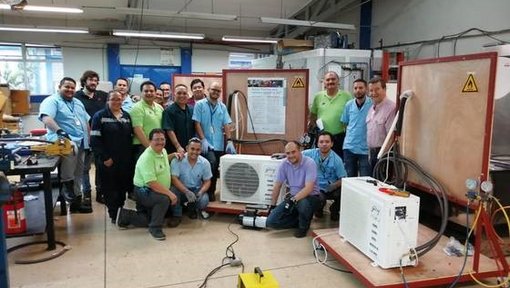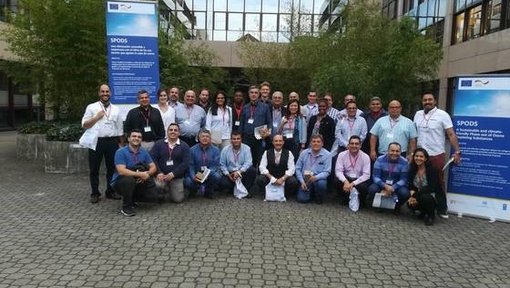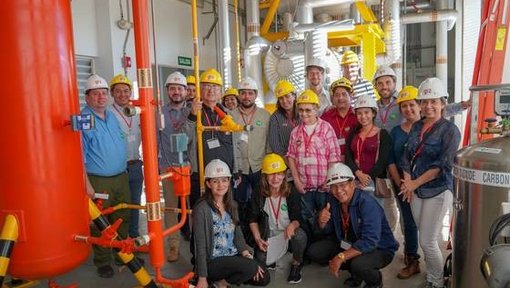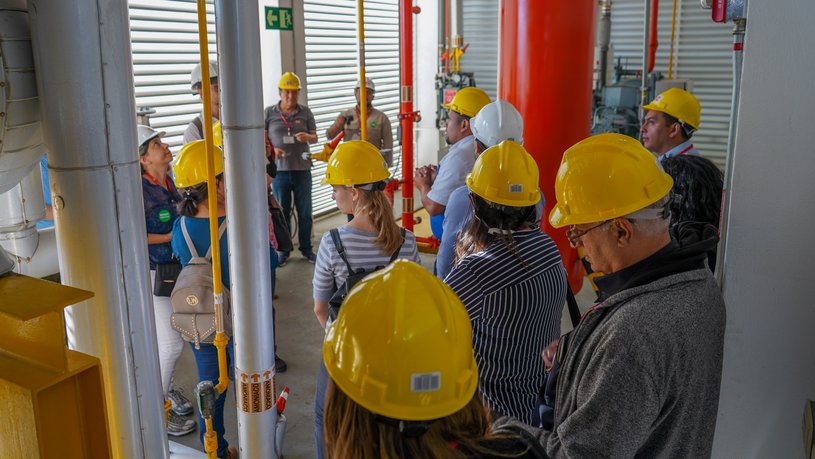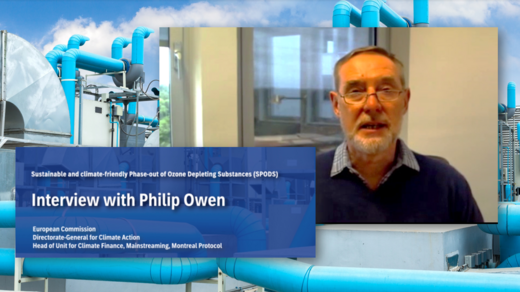2020 was full of challenges. The SPODS countries met all of them with team spirit and new digital formats, cheered on with a catchy tune from Grenada.
When SPODS coordinator Mónica Silva González thinks back to the past project year, one special thought comes to her mind and this is resilience. “A highlight of this year was to experience how fast our partner countries adapted to continue their work and how close we got using new virtual ways that very fast became normal.” Maria Carolina Velez, regional advisor, adds: "My personal highlight is the excellent communication we had between the implementing agencies and the partner countries, which allowed us to achieve great progress despite the circumstances.” Both assumed the management of the SPODS project this spring when the pandemic just started.
Since the beginning of the project in 2017, each of the seven countries has defined and implemented its own project activities based on the current status and needs. These include inventories of current emissions of their RAC sector and the development of national mitigation strategies. “The availability of natural refrigerants is essential for the implementation of Green Cooling technologies”, says Maria Carolina. "Thus, Colombia, Cuba, Mexico and Venezuela have carried out feasibility and market studies analysing the potential of national production of refrigerant grade hydrocarbons. Furthermore, the environmentally friendly disposal of old appliances and destruction of harmful gases plays a key role. Paraguay has examined the involvement of the cement industry for this purpose and Costa Rica has implemented a corresponding pilot project. “We have progressed in the project activities remotely and explored new approaches”, says Ester Cristina Monroy Gonzalez from UNIDO. “We are proud of the passion and commitment of our partner countries and experts in identifying new ways to achieve our goals”, says Carlos Andrés Hernandez from UNDP. Both are implementing SPODS together with GIZ.

